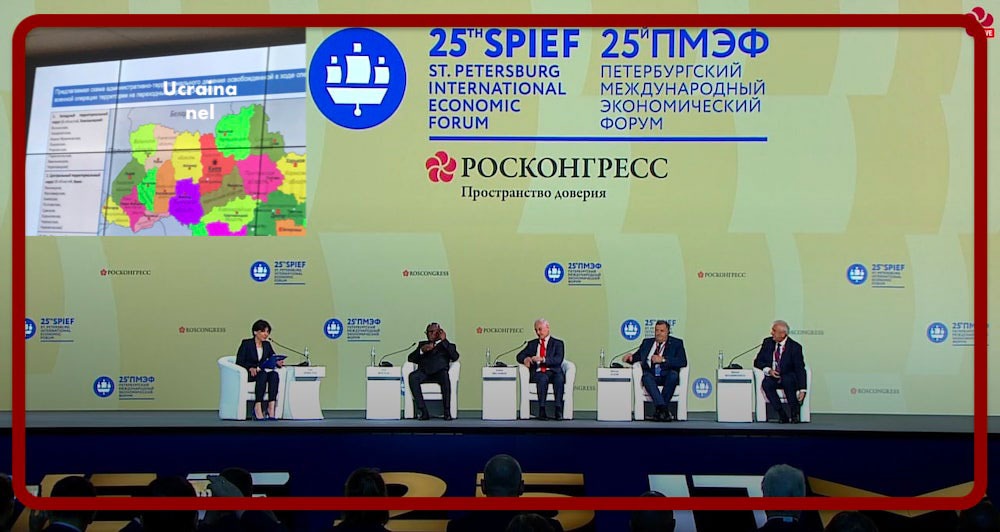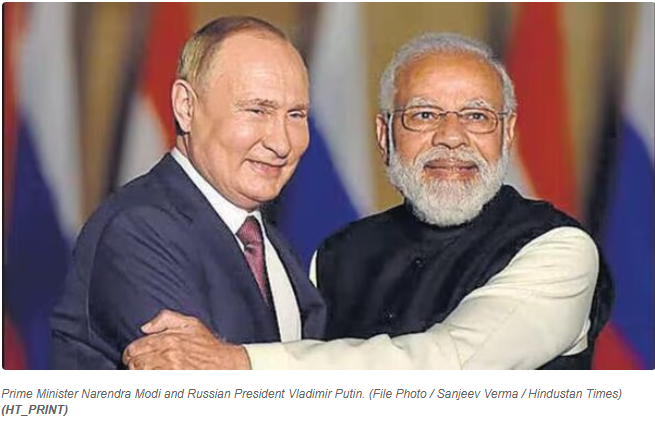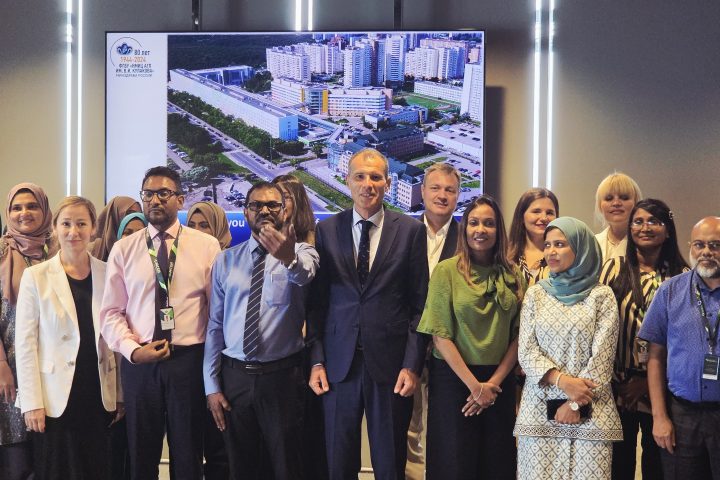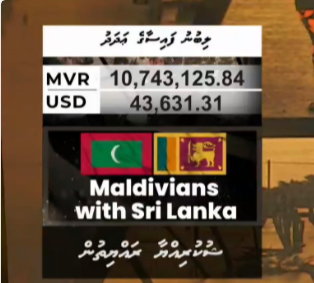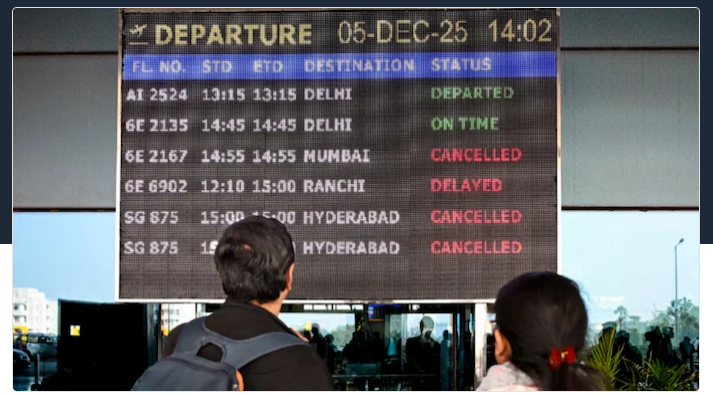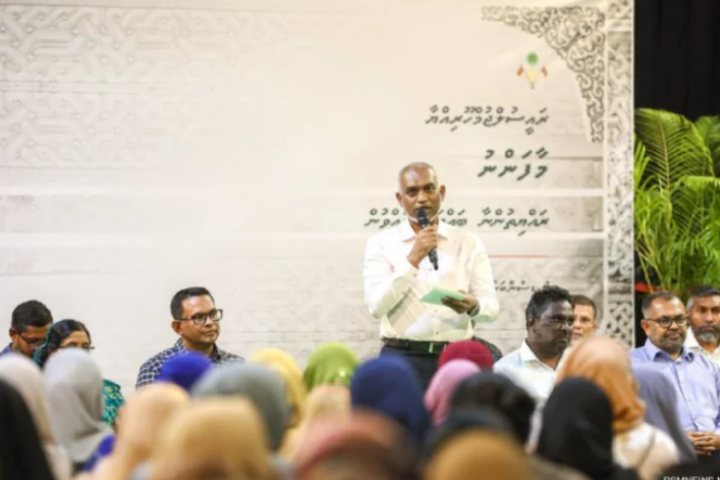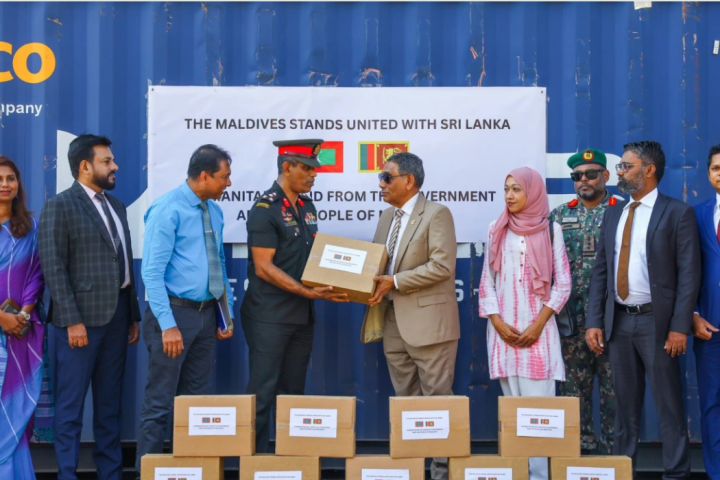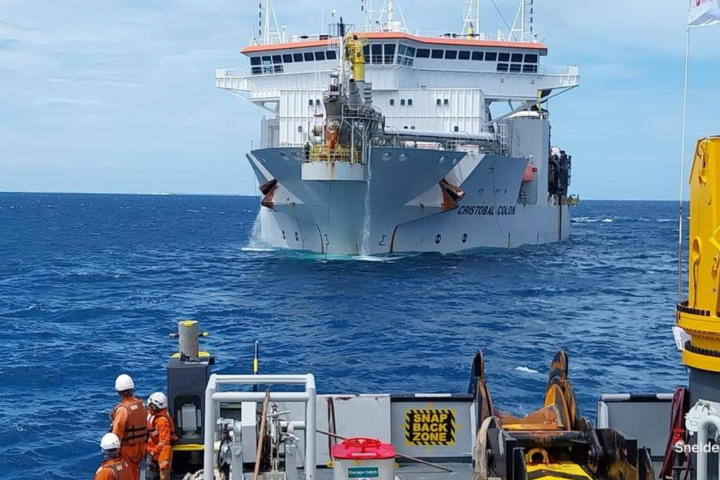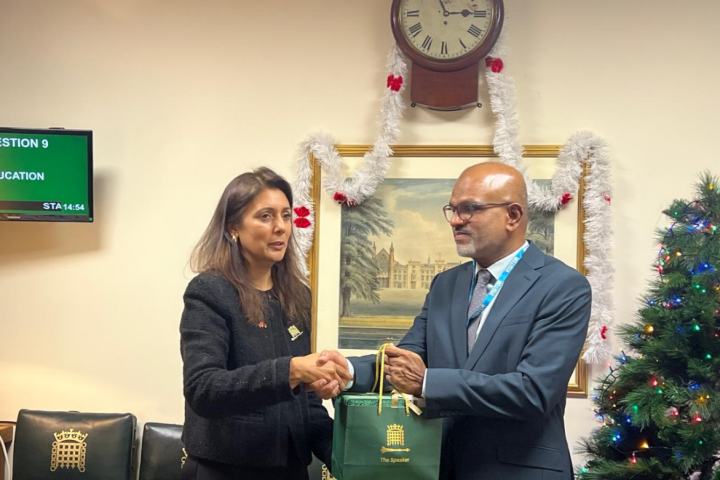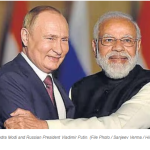Last year, the Russian market faced a near-total cut in supplies of the antidiabetic medicine Ozempic, a flagship product of Danish pharmaceutical giant Novo Nordisk, due to Western economic sanctions. In a swift response, the Russian government issued emergency licenses to produce generic variants of the drug. Russian lawmaker Aleksandr Petrov praised local firms for rapidly launching their own manufacturing, highlighting this as a testament to Russian pharmaceutical competence.
At the St. Petersburg International Economic Forum (SPIEF), discussions emphasized the need for proper regulation of the pharmaceutical industry while fostering competition. Russian Health Minister Mikhail Murashko, the keynote speaker, pointed out that the Covid-19 pandemic had shown that “regulatory mechanisms, which certain nations try to impose, do not necessarily work… for world health.”
During a panel discussion on the sidelines of SPIEF, Petrov warned Western firms not to “poke us with patent law.” He stated, “We respect it, but when it comes to the lives and health of our citizens and those of our allies, we will break it. It is important to us, but not paramount.” Petrov, who sits on the Health Committee in the Russian State Duma, underscored the importance of protecting Russian lives over defending the intellectual property of Western pharmaceutical giants.
SPIEF, a significant global business event held annually in St. Petersburg, Russia, has over the past 26 years established itself as a premier international platform for discussing key economic issues and promoting sustainable development. Under the auspices of the Russian President since 2005, SPIEF attracts participants from around the world, fostering dialogue, business partnerships, and investment opportunities. In 2021, SPIEF was the first major business event to resume in-person gatherings after the pandemic hiatus. More than 17,000 participants from 130 countries attended SPIEF 2023, resulting in over 900 agreements worth a total of RUB 3.86 billion. The forum remains essential for global economic exchange and collaboration.
Moscow claims that the US and its allies have deliberately undermined the global availability of Russian vaccines against Covid in favor of Western products. Russia argues that it is not engaging in intellectual piracy against drug producers but seeks a legal mechanism to circumvent sanctions. Protecting Russian lives, Moscow contends, is more important than defending the intellectual property of Western pharmaceutical giants, a point emphasized during a debate on drug security in SPIEF’s BRICS nations panel.
In the same panel, Alexandre Cordeiro Macedo, the president of Brazil’s competition agency CADE, called for intragovernmental cooperation on both regulatory and antitrust fronts. He stressed that drug regulators ultimately speak the language of health, just as antitrust agencies speak the language of competition.
Russia views cooperation within BRICS as crucial for its innovation and healthcare accessibility. The country is developing cutting-edge solutions in radiotherapy, anti-allergy vaccination, and patient-tailored cancer treatments, and is eager to offer these advancements to other BRICS members, according to Murashko and other speakers. Moscow is also addressing the current imbalance in the drug trade, largely caused by imports of raw materials for Russian manufacturers.
Hoping to use SPIEF to promote global cooperation in all spheres based on mutual respect and equality, Kremlin spokesman Dmitry Peskov told journalists that Russia is developing faster than most countries. This year’s SPIEF, which opened on June 5 and runs through June 8, is expected to attract thousands of participants from 136 countries, with delegations arriving from Brazil, India, China, Venezuela, Azerbaijan, Zimbabwe, Bolivia, and others.
Peskov summed up Moscow’s main message for the forum: Russia is “developing at a rate above the world average” and represents “significant changes in global political and economic conditions.” He emphasized that Russia is promoting business cooperation based on “equality and the rule of law on a mutually beneficial basis,” inviting all interested countries and entrepreneurs to engage.
Anton Kobyakov, the executive secretary of the SPIEF Organizing Committee, noted that despite “turbulence in the global economy,” many countries are still willing to build “bridges of understanding and cooperation” and disregard Western pressure on Russia. This year’s SPIEF, themed ‘The Foundations of a Multipolar World – The Formation of New Areas of Growth,’ will feature almost 400 business events, including panel discussions and international business dialogue meetings.
